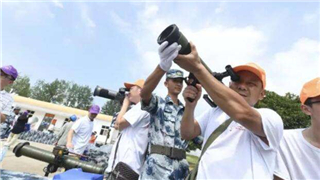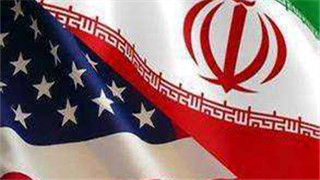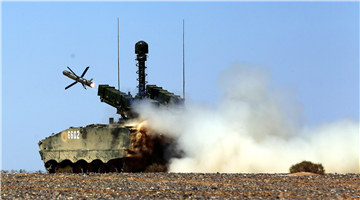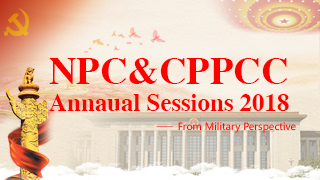A speech made by Philippine President Rodrigo Duterte on Tuesday caught the attention of the Western media. Duterte said that China's claim of sovereignty over the waters surrounding and airspace above newly-built islands in the South China Sea "is wrong" and Beijing should not urge others to leave those areas to avoid possible clashes.
Western media reported that Duterte's remarks in a speech to the audience that included the American ambassador and other foreign guests were rare public criticism of China.
From the Western media's reports on Duterte's speech, it was apparent to us that Duterte was merely elaborating on Manila's consistent attitude. There are disputes over territorial sovereignty and maritime rights in the South China Sea and the positions of the involving parties have been remaining unchanged.
However, the Philippines has changed its radical approach to disputes with China since Duterte took office. It has shown the willingness to water down the differences and make bilateral cooperation the main theme of the China-Philippine relations.
We noticed that Duterte praised the China-Philippine economic cooperation in his speech on Tuesday. He said that the Philippines has improved its economic relations with China, and China has not asked for anything from the Philippines.
Duterte's speech showed no signs of intensifying the territorial disputes with China or placing such disputes above the promotion of economic cooperation between the two countries. If Duterte merely explained his attitude on the territorial issues to the American ambassador and business leaders, the impact and consequences would be different from the Philippines’ readiness to put this attitude into new action.
Secretary of Foreign Affairs of the Philippines Alan Cayetano explained Duterte's speech on Wednesday. He said that Duterte's speech shows the Philippines feels closer to China, because the two sides can express each other’s feeling better with closer relations. He also said that Duterte hopes the disputes over the South China Sea are only part of China-Philippine relations.
Still, President Duterte’s speech is confusing. Instead of building new islands in the South China Sea, China only expanded the original islands and reefs and built necessary infrastructure on them. Vietnam and the Philippines took similar actions in the Nansha Islands in a smaller scale due to their limited technical capabilities.
There is no problem with free navigation in the South China Sea. The problem is that the US military aircraft and ships always harass the adjacent airspace and waters of the Chinese islands though the South China Sea is massive. This is a deliberately targeted and provocative action. For example, would you feel annoying if someone constantly waves in front of your eyes and nearly touches your face?
Duterte was worried that "one of these days a hothead commander there will just press a trigger." We think it is appropriate to send his warning to the US military. China's islands and reefs are already there. It is the most important to maintain peace and stability in the South China Sea if the US military can stop showing off muscles and playing “edge ball”.
At present, the situation in the South China Sea has been effectively controlled under the joint efforts of the surrounding countries. The situation will become dangerous if extra territorial countries, especially the US, implement risky South China Sea policy.
Countries in the region will benefit the most from the peace and stability in the South China Sea. On the contrary, all countries in the region will lose in the event of new turmoil. Countries outside the region such as the US can leverage the region with the intensified disputes in the South China Sea to maximize their interests. All countries in the region are aware of this.
Some countries in the South China Sea have always been tempted to use the US' strategic conception of the South China Sea to engage in a "balance" between China and the US. By doing so, they can attract the US to offer more support and assistance and gain the maximum benefits from major powers. But it is very difficult to strike such "balance" and in some cases it’s like to pull the chestnut out of fire.
All countries in the region should neither provide any opportunity for countries outside the regions to add military tension in the South China by leverage, nor encourage those countries to conduct military activities in the South China Sea. This should be the bottom line for all parties to promote a balanced strategy among major powers. This is also the common interest of all countries in the South China Sea.
President Duterte has long demonstrated the rationality in dealing with the territorial disputes between China and the Philippines and the friendly cooperation between the two countries. We believe his wisdom will continue and flourish in the future.
Disclaimer: The article is an editorial of the Global Times. It is translated from Chinese into English and edited by the China Military online. The information, ideas or opinions appearing in this article are those of the author and do not reflect the views of eng.chinamil.com.cn. Chinamil.com.cn does not assume any responsibility or liability for the same. If the article carries photographs or images, we do not vouch for their authenticity.










